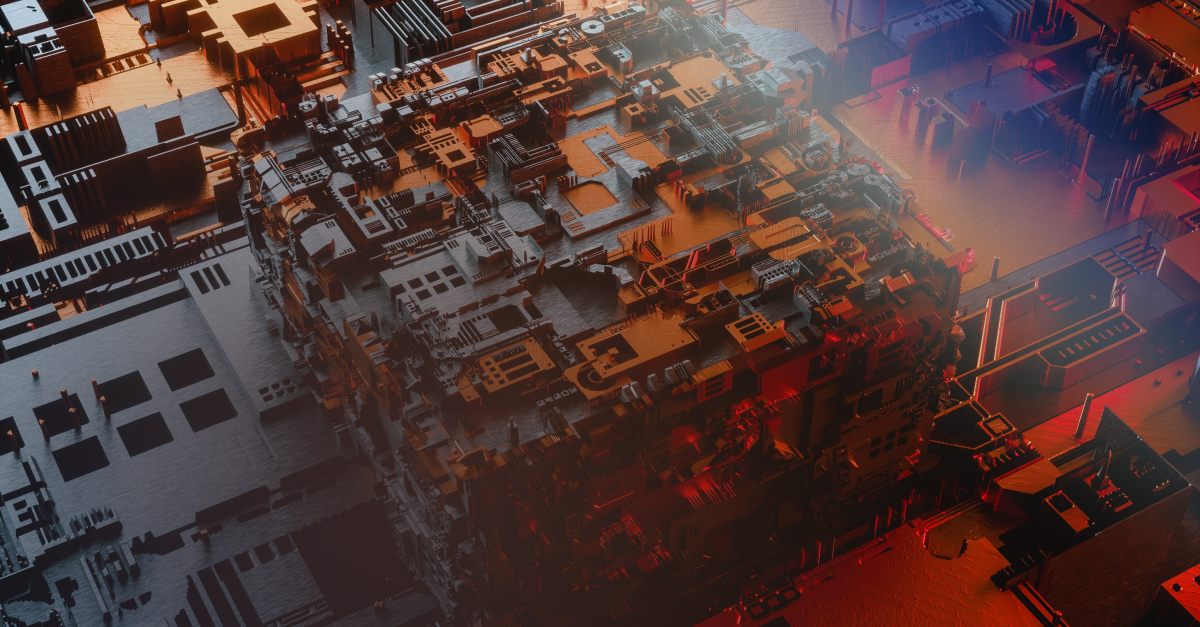Composable AI Architecture: How to Build Modular AI Systems That You Actually Control
AI models change every few months. Your enterprise workflows shouldn't have to change with them....
“Sometimes you win, sometimes you learn”

“Sometimes you win, sometimes you learn”
-John Maxwell
Thirty years ago the Challenger Space shuttle exploded as America watched in shock and horror. This tragedy was perhaps one of the biggest speed bumps in our humanity’s progress toward furthering space exploration.
The men and women who gave their lives that day were the brave pioneers that took the biggest risk for their team. And how did we respond? By mourning, remembering and honoring them by continuing to fail well on our path toward space exploration.
The amount of planning, work, engineering and money that led up to the mission was massive. The amount of review work, post failure; also massive. These are all the costs of innovative change. The political leadership, development of NASA and funding of the space program; all of these things might seem impossible if they hadn’t been done yet. And they hadn’t. So how did we get here?
Human beings traveling to space was unthinkable.
Without starting there is no failure. Without failure we will never succeed in something that was once unthinkable. Why? Because failure offers us the best opportunity to learn and evolve.
So how did we get to that point? How does a group of people start exploring the unknown? How do we start taking the right path toward failure? And once we fail, how do we learn and adjust?
No matter what your goal is, having the right team is where you start. Once you’ve got the necessary people, just start. Talk about what you are going to try, and don’t forget to discuss the elephant in the room: how will you respond to failure?
Do everything you can to plan and account for failure in all you try. Because failure is eminent, including it in your planning means you get to decide how you react. Planning on putting in a business critical system? How flexible does it need to be to account for new situations? What happens when your system goes down? Does it completely destroy your ability to be productive?
Is there a better way? If so, you’ll probably learn it during your journey.

AI models change every few months. Your enterprise workflows shouldn't have to change with them....

The BPM market is projected to reach $65–70 billion by 2032. Yet roughly 70% of BPM programs never...

Automation solutions are transforming the way businesses operate, enabling them to streamline processes,...